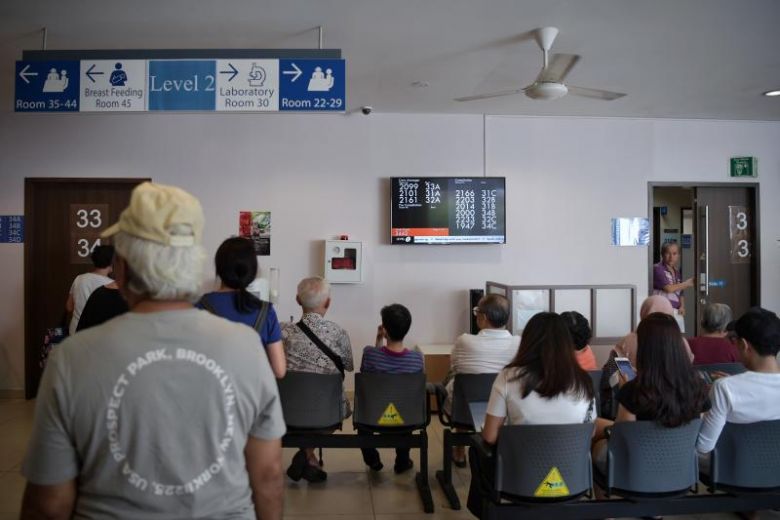
Health Minister Gan Kim Yong assures the public in Parliament on Monday (Jan 4) that for all citizens, permanent residents, and long-term residents, Singapore has acquired ample vaccines, with shipments expected to arrive by the third quarter of 2021.
The abovementioned groups will receive the vaccines at no extra costs and include employment pass, S-Pass, and work permit holders. Alongside foreign domestic workers, dependent pass, long-term visit pass, and student pass holders, a total of about 5.7 million people can obtain the injections.
Vaccines would arrive in batches
On Dec 21, the first shipment of Pfizer-BioNTech vaccines arrived in Singapore and was given to employees of the National Centre for Infectious Diseases from Dec 30.
Mr Gan, the co-chair of the multi-ministerial task force assembled to address the pandemic, said the vaccines would come in batches, with further supplies anticipated in the coming months. This includes those from Moderna and Sinovac.
Residents urged to get vaccinated

Image Credits: news.abs-cbn.com
Mr Gan also advised as many people to get vaccinated as it would be a significant move for Singapore to return to everyday life.
“This will not only protect yourself, but also indirectly protect others who cannot be vaccinated due to medical reasons. This collective protection will be more effective the more people are vaccinated,” he shared.
Singapore should avoid being complacent
Although there may be those who believe that considering Singapore’s limited number of COVID-19 cases recently, there is little need to get vaccinated, Mr Gan cautioned that people here should not be complacent and only hurry to receive the vaccine when an epidemic arises.
“We have seen a few community cases in the last few days, which shows clearly that there are hidden cases among us. We are also seeing new variants that are more contagious. Any of these cases has a risk of sparking a major outbreak as we have seen in other countries.
The best time to vaccinate is now. If people wait till an outbreak has happened to get themselves vaccinated, it will be too late, both to protect themselves and to prevent the outbreak in the first place,” he noted.
Vaccinations for the elderly will start from February

Image Credits: The Straits Times
Previously, the authorities indicated that they would give priority to those most at risk. This explains why the first to be vaccinated were healthcare practitioners. Latest updates suggest that injections for the elderly will begin from February, starting with people from 70 years of age.
Singapore would also target those in roles with a significant risk of a super-spreading occurrence emerging. This refers to employees in the construction, maritime, and process industries.
Vaccines will be allocated based on availability
Mr Gan said people would not be offered a preference for which vaccine they would like to receive. Instead, vaccinations would be assigned depending on their availability, the different vaccines’ medical indications, and various subgroups’ appropriateness.
“Allowing individuals to have a choice of vaccines will unnecessarily complicate the already complex vaccination programme,” he added.
Prior bookings for vaccinations will be necessary

Image Credits: The Straits Times
The minister also said that considering the vaccines’ cold-chain criteria and multi-dose capsules, prior bookings would be needed. He mentioned that Singapore would be presented with more information about how to make bookings in due time.
A physical card will be provided to those injected. This will inform them of their commitment to come for their second dose, show the issued injection, and offer guidance following vaccination. The National Immunisation Database will also have their records revised, and one may review their status online.
60 per cent of the population here would get vaccinated, according to polls commissioned by government agencies. A third said they were wary.
Mr Gan stated that to clarify the value of vaccination and to ensure its protection and effectiveness, the government will do more educational outreach in the community. He also advised the public to pay attention to reliable data sources as misleading statements about the vaccine have surfaced.
What are your thoughts? Will you take the injection when it’s offered to you?





